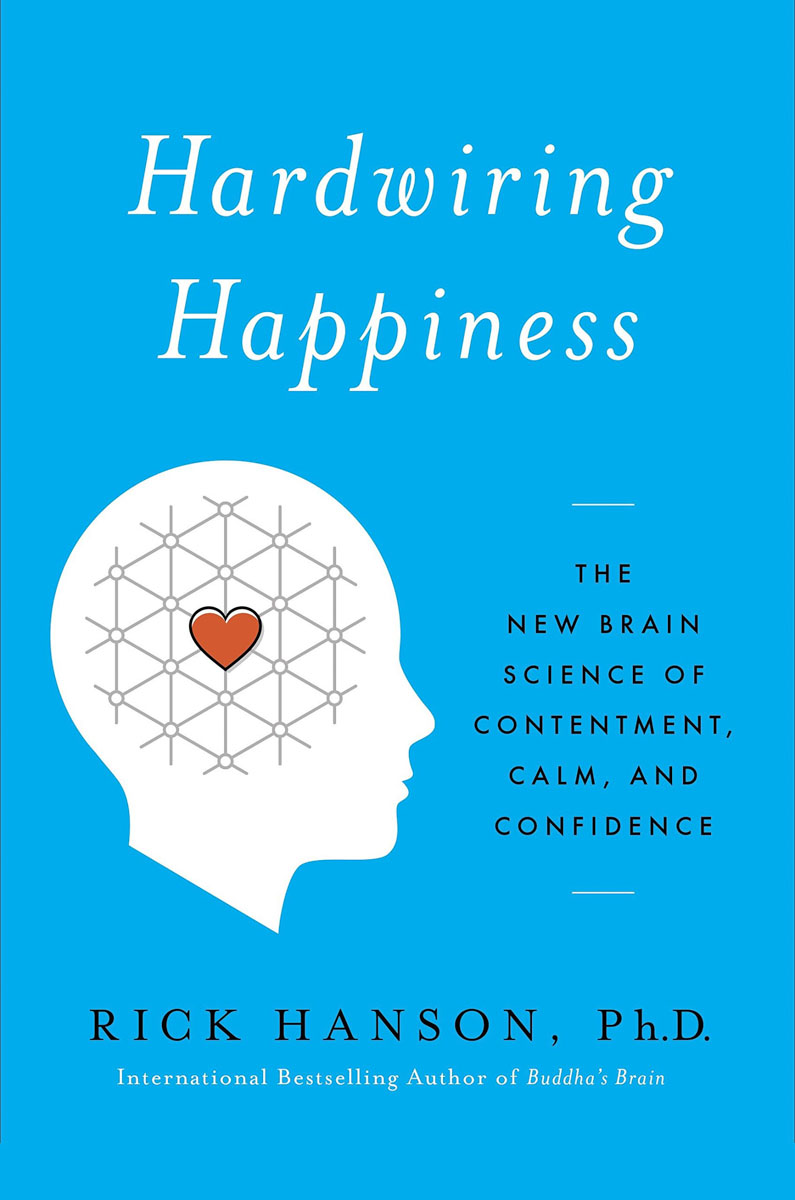This is a Marathon, Not A Sprint (Part Two)
This is a Marathon, Not A Sprint (Part Two)
As we continue to face this global crisis, we all need to be mindful about our physical and mental health.
How do we understand our knee-jerk reactions to stress and how can we stay grounded in the face of uncertainty?
Understand Reactivity and the Threat Response
The threat response is hard-wired into all of us. Throughout the development of our species, this primitive system prepared our bodies to either flee, fight, or even collapse and play dead in response to a potential threat.
In our modern day, this can cause problems as the threat response is unable to distinguish between a real threat and a perceived threat. Therefore, we do not need to encounter a real sabretooth tiger to activate this system – merely thinking about a tiger can trigger a flood of stress hormones.
During this pandemic, we may find ourselves ruminating (how could we have prepared better?) and re-living past events (could I have helped that person in a better way?) – or we may find ourselves worrying and anticipating an uncertain future.
By doing so, we are igniting our threat response. This puts us in a reactive state that inhibits our ability to problem-solve and do our best work.
What can be done?
- With Awareness Comes Choice: Throughout your day, take a moment to check-in with yourself. Notice how you feel and identify what thoughts are coming up. When we become aware of our internal experience, we can avoid being hijacked by stress hormones and instead choose to connect with our problem-solving brain.
- The Power of the Pause: When we engage the mindful, problem-solving areas of our brain, we also activate the areas of the brain where empathy and compassion are processed. As frontline workers, this is critical during times of crisis.
- Find a Ritual: We are all being reminded to regularly wash our hands, and this can be a simple opportunity to pause, breathe and calm our nervous system. Rather than planning out the rest of your day, focus on the warm water, the soap bubbles and the process.
- Remember to Breathe: During times of high stress, many of us hold our breath or breathe very shallowly. Consciously slowing and deepening our breath activates the parasympathetic nervous system – the system that is responsible for relaxation
- Model Calmness: In our brains, we have a system of neurons that fire both when we take action and when we perceive others taking action. When we slow down our breathing, others will naturally and unconsciously mirror our slowed breathing rate.
Practicing the Three Minute Breathing Space can help us to cultivate the skills of mindfulness.
Find the Positive
Dr. Rick Hanson has said: “Positive is like Teflon (does not stick) and negative is like Velcro (sticks easily).”
Humans are neurobiologically hard-wired to register negative events far more quickly and clearly than positive events. In fact, we need to focus on a positive event for 20-30 seconds for the event to register – whereas a negative event is registered instantaneously.
This is related to our threat response and our evolutionary survival instincts – we needed to be on the alert for the negative in order to survive.
This legacy has left us with a negativity bias. In order to combat this built-in bias, we need to be purposeful in focusing on the positive.
However, in the midst of a crisis, it can be challenging to find goodness when we are surrounded with fear, uncertainty and conflicting information.
What can be done?
- Choose your company wisely: Be mindful of who you spend time with, purposefully choose to speak with calm, level-headed friends and colleagues. Maintain boundaries with people who drain you.
- Limit/monitor media exposure: Dedicate 10 minutes in the morning or at the end of your work day to check trusted news sources, avoid media that focuses on shock-value or fear mongering.
- Gratitude: Create a habit of noting something you are grateful for each day. Pair this with another routine such as your first sip of coffee in the morning or brushing your teeth at night.
- Build a Resiliency Bank: Take a pause during moments of strength, meaning or pleasure to truly acknowledge them. Store these moments in your “resiliency bank” so that you can draw upon them in times of need.
Remember, Leaders Are People Too
We recently interviewed Dr. Patricia Fisher, TEND senior advisor, and she reminded us that, although leaders are often perceived as being exempt from stress, they are often the most overloaded people in our organizations.
Leaders are not super-humans. Middle managers especially are facing extraordinary pressure as they balance everything coming down from the top with the responsibilities coming up from those they supervise and the individuals that they serve.
And, like all us, they are also trying to navigate family demands and complex personal situations.
What can be done?
- Be a role model: If you are in a leadership role, remember that you are a powerful role model for your team. Ensuring that you are well rested and thinking clearly will have a powerful impact on the way the work is done.
- Stay connected: Connect with your own formal or informal mentors so that you are not alone in carrying the load.
- What’s in your control? Identify the elements that are within your control or influence and focus on these vs the larger forces that you cannot change.
Create a Transition Ritual
Most professionals in human service fields are familiar with shift change and handover processes. However, when work pressures are amplified, such as during this pandemic, it is easy to forget how important those debriefing connections are for our mental health.
It is likely that the way in which we do handover has changed: instead of face-to-face interaction, we may be working virtually; or perhaps we are so rushed to get home to take care of loved ones who have been isolated in the house all day that we just can’t find the time to debrief.
Another aspect of transitioning from work to being off duty is finding a way to ground ourselves so that we can have some restorative time.
Our nervous system cannot be “on” 24/7 and we must establish routines and rituals, particularly during times of intense demands and uncertainty.
What can be done?
Debriefing:
- Take three minutes to connect with a colleague and debrief about your day. Be sure to use Low Impact Debriefing strategies
- If you are feeling upset or angry about a situation, use the Hot Walk and Talk protocol, even if that’s by phone
Shifting to “off duty”:
- Tell others what you need: If you share your living space with others, discuss what you all need in order to shift from work to rest mode – a set time to each discuss your work day?; a “no-news” agreement after a certain time of the day? What else?
- Transition mindfully: If you are working outside the home and are wearing PPES, you have to, by necessity, change clothes and decontaminate yourself. Instead of rushing through this process, use this as a time to mindfully transition. If you are not wearing protective equipment, changing clothes can mark the shift of your day from work to rest.
- Designate a space: If you are working from home at this time, designate a space that is for work only. If you live in a smaller space, ensure that your work laptop, files, etc. are tucked away for the remainder of your day.
- Respect your own time: Unless you are on-call, ensure that you have “office hours” and time where you are officially off duty. This is a time to unplug and restore, so avoid checking your email in the middle of the night, etc.
Final Thoughts
“In the end, with systems crashing and failing, what mattered most and had the greatest immediate effects were the actions and decisions made in the midst of a crisis by individuals.” Sheri Fink, Five Days at Memorial
Although the scale and impact of the COVID-19 pandemic are unprecedented, there are many lessons learned from the past. Sheri Fink’s Five Days at Memorial highlights the crucial importance of ensuring basic physiological and emotional needs for all service providers and their leaders – this is always true, but particularly during crisis situations.
As Fink says in the quote above, it is in the moment-to-moment decisions that we will make as individuals that will matter most. The good news is that we have a vast body of knowledge about crisis management, human psychology, burnout, compassion fatigue and strategies to manage human physiology during times of crisis to help guide our way.
We won’t be able to control many aspects of this pandemic, but we can control our responses and the ways that we take care of ourselves and one another.
We are in for a marathon, not a sprint – so, remember to take it one step at a time.




